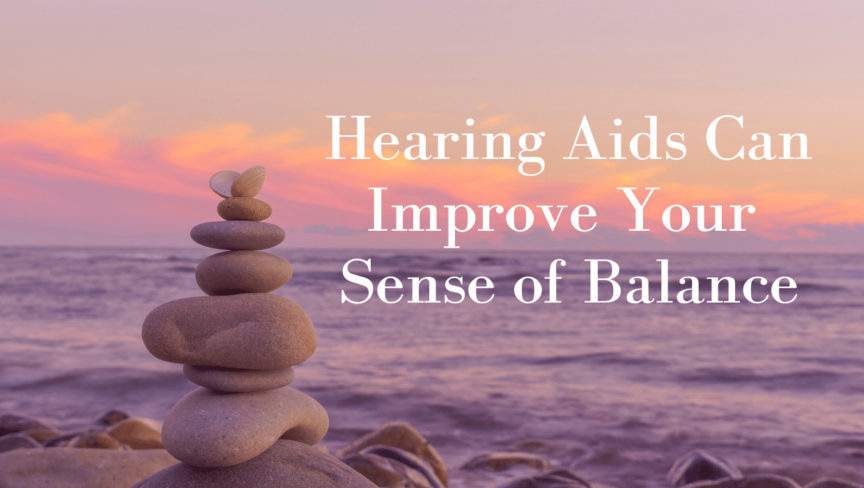- Custom vs. Over-the-Counter Hearing Aids: Finding the Right Fit for Your Ears - April 10, 2024
- Real Stories, Real Triumphs: Cochlear Implants Make All the Difference - March 15, 2024
- Common Misconceptions About Hearing Aids - February 14, 2024
For people with hearing loss, the benefits of getting hearing aids are well documented. Hearing aids improve our social relationships, keep our brains sharper longer, and increase overall life satisfaction. But did you know they can also help your sense of balance?
The Vestibular System
The vestibular system is what is responsible for our sense of balance. It is located in the inner ear, but is not tied directly to our ability to hear. It is made up of three semicircular canals, each of which is responsible for registering a change in position in a particular direction, and two otolith organs tucked underneath the semicircular canals, which are responsible for registering acceleration. These changes are registered by the movement of fluid against small hairs that line the inside of the semicircular canals and otolith organs. The movement of these hairs is what the brain uses to interpret the changing position of the head.
The vestibular system is lightning-quick in children, and slows down as we age. Have you ever looked back in wonder at the things you used to do when you were a kid, climbing trees or skateboarding, jumping around and rolling all over? As we age, our vestibular system is not as good at keeping up with our movements as when we were kids.
Throughout our growth process, the brain learns to integrate the information it receives from the vestibular system with other available senses (under normal circumstances, sight, sound and touch) to keep us aware of our position amongst our surroundings. This integration is so tight that we feel ill when the brain receives conflicting information from the different senses. This is why we can become nauseous in some situations, like moving vehicles.
If you’ve been able to hear throughout most of your life, your brain has integrated that sense into its ability to help you determine your physical position in your environment. We see how the loss of hearing can throw the brain for a loop in cases where a person’s eardrum has ruptured. When the sense of hearing is suddenly gone, they lose their sense of balance very easily. The same happens to a milder degree when we lose our hearing more slowly.
Hearing Aids Restore Our Ears’ Role in Balance
The Washington University School of Medicine demonstrated this in a small study involving 14 elderly participants who had significant hearing loss. The researchers had the participants balance, standing up, on a foam pad for as long as possible. They had them do it multiple times with hearing aids in and out. On average, hearing aids improved the participants’ balance time by 10 seconds. That’s quite a significant difference, when we consider they were simply standing still.
Our “Primary” Sense
For most people, sight is the primary sense. When we focus on tasks, we are usually leaning more heavily on sight than our other senses. However, these senses are still working in the background. We rely on touch to know how tightly we are gripping an object. We rely on the vestibular system to know what position our body is in and whether and how far to move a body part in order to accomplish the task at hand. Our ears assist our sense of balance by locating the position of auditory cues around us. They also let us know if we need to move out of the way of something or other, as our eyes are occupied on the task at hand.
More Than We Realize
Much in the way that untreated hearing loss can contribute to earlier onset of dementia or Alzheimer’s, it affects our balance. When we think of “keeping our brains active,” we often think of puzzles, reading or watching the news- absorbing new facts. But every moment that passes, our ears are picking up signals from the world around us that our brain uses without our conscious awareness. Ultimately, the same lack of information that makes it harder to balance, increasing the likelihood of falls and injury, also contributes to the shortage in our brain’s information supply.
When we use our hearing aids, we’re not just increasing our ability to hear conversations or television. We’re keeping our brains more active with each passing moment.

